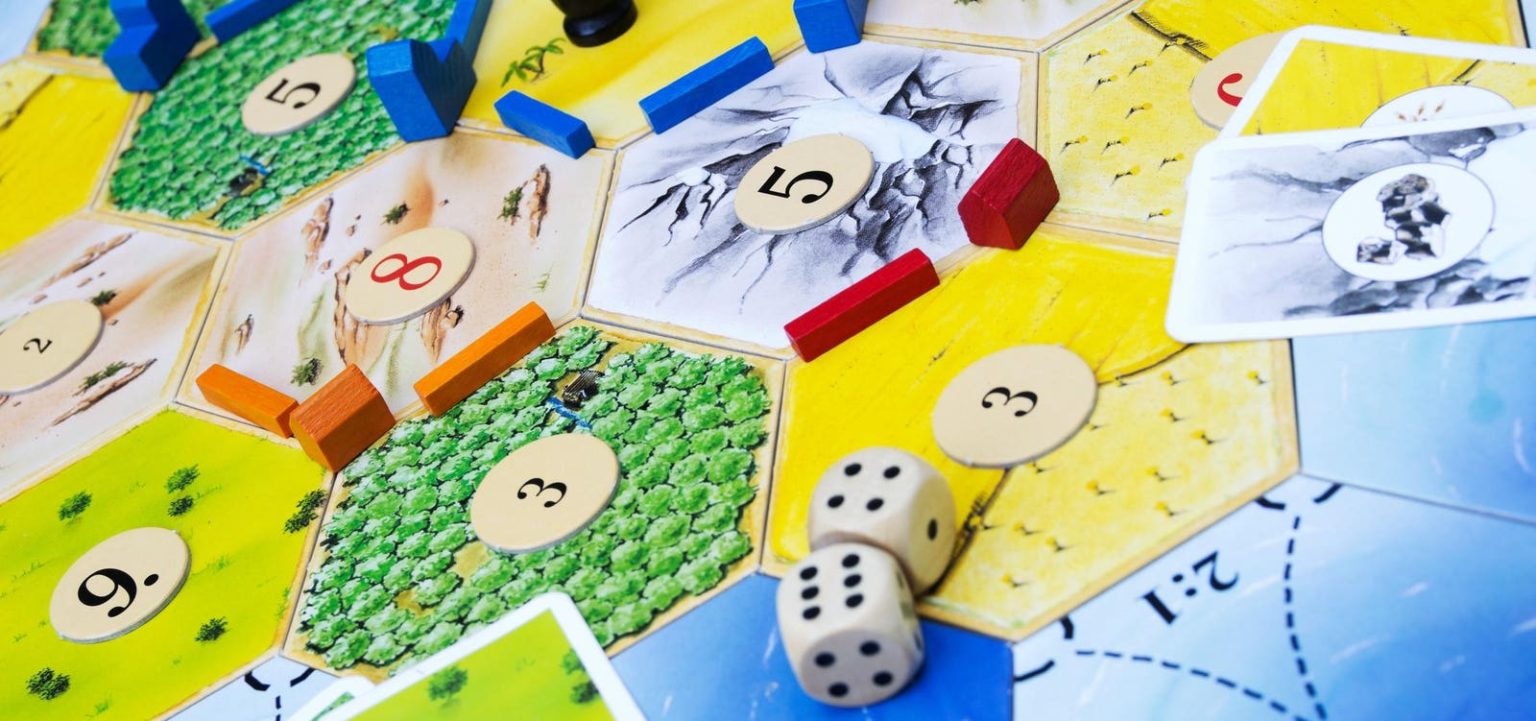The popular board game Catan has received a new environmentally-conscious twist with the release of Catan: New Energies. This standalone version, created by its developers, emphasizes the importance of managing energy needs for societies, incorporating carbon capping and climate management dynamics into the gameplay. Players start with fossil fuels that cause pollution events and hinder resource production, but can transition to renewable energy sources that provide sustainable advantages. The game requires players to negotiate and strategize to decrease pollution levels and encourages investment in renewables to secure victory.
In addition to its gameplay mechanics, Catan: New Energies introduces new components such as “environmental inspectors,” “global footprint markers,” “science cards,” and “hazard tokens” to enhance the environmental theme of the game. The creators have aimed to simplify real-world climate dynamics while providing players with instructional insight into the challenges and opportunities associated with sustainable environmental policies. Scientists and policymakers often turn to game theory, a mathematical framework for analyzing strategic interactions, to gain understanding of such complexities and inform decision-making in environmental sustainability.
One key concept that Catan: New Energies highlights is the “Tragedy of the Commons,” which illustrates the tendency for individuals to exploit shared resources for personal gain, ultimately leading to depletion. The game mirrors real-world scenarios like overfishing in open-access waters where self-interest can drive unsustainable practices and jeopardize the long-term health of resources. In the original Catan version, players focused on growth without consideration for sustainability, indicative of the current global climate crisis. The new version seeks to raise awareness and promote coordination in sustainable climate policies among players.
By encouraging negotiations, resource management, and investment in renewables, Catan: New Energies aims to foster a greater appreciation for sustainable practices and the importance of collective action in combating environmental challenges. While the game offers a simplified representation of real-world climate issues, it serves as a tool for facilitating discussions on environmental sustainability and strategic decision-making. As players navigate the dynamics of carbon capping and climate management within the game, they gain valuable insights into the implications of their choices and the potential impact on the environment. Ultimately, the release of Catan: New Energies adds a relevant and thought-provoking dimension to the classic board game, sparking discussions on sustainability and prompting players to consider the consequences of their actions in a changing world.













